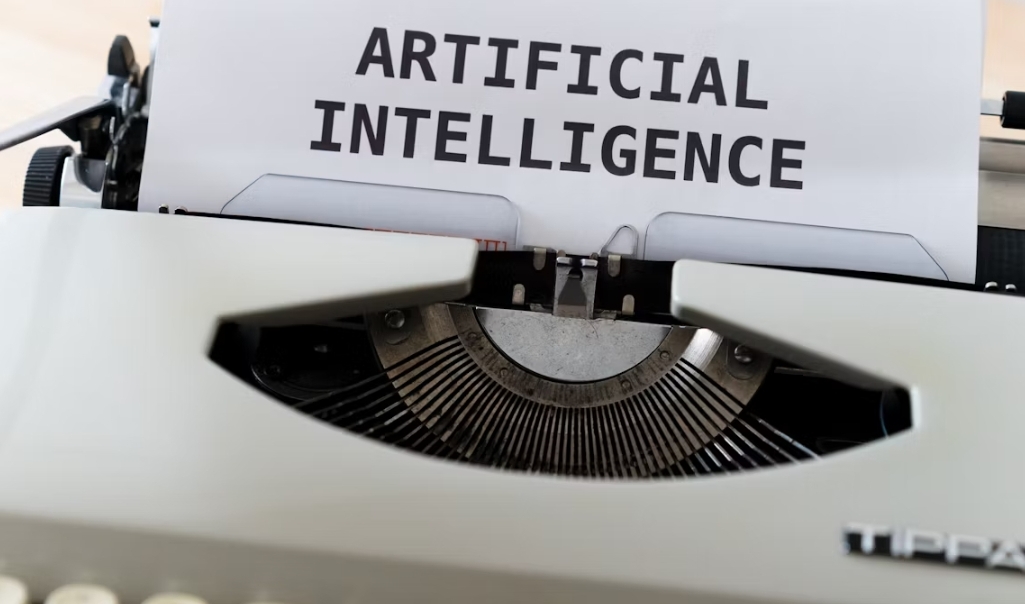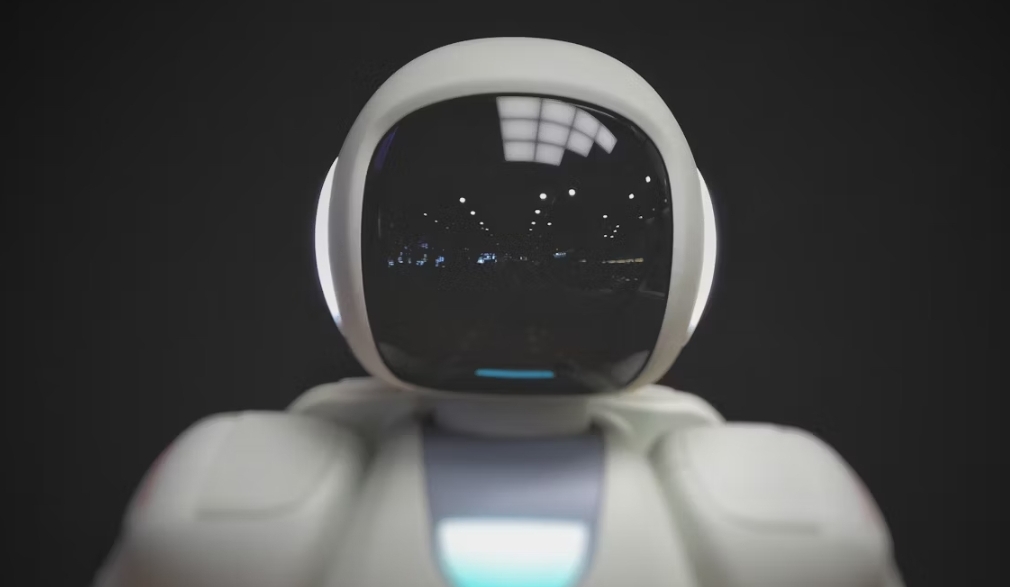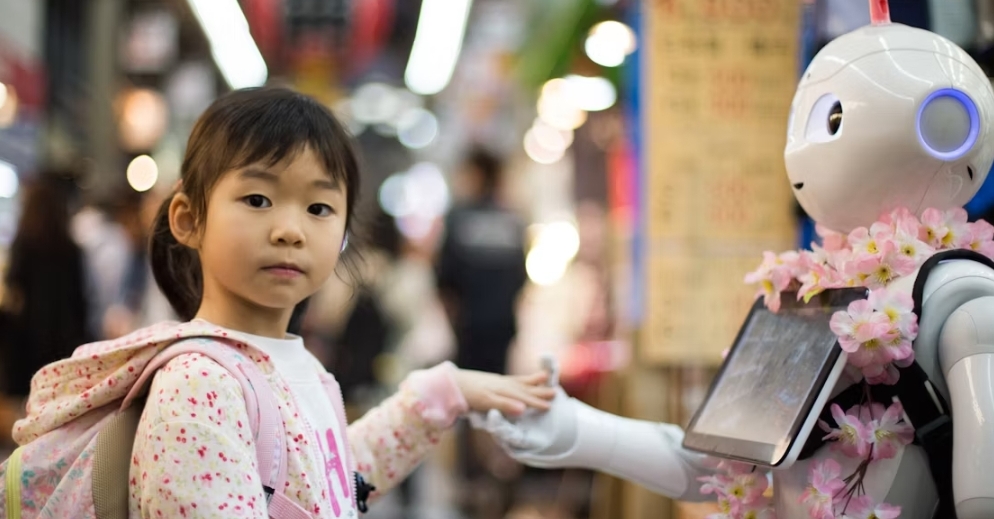Table of Contents

The term “Artificial Intelligence” has become widely used in recent times, to the extent that some people are beginning to worry about the possibility of machines taking control and diminishing the role of humans. However, these concerns remain far from reality. So, what is artificial intelligence? What are its key applications? And how has it evolved over the years?
What is Artificial Intelligence?
Artificial intelligence refers to the ability of machines and software to mimic human cognitive processes, such as learning, reasoning, and decision-making in situations that have not been pre-programmed. It is also an academic field focused on developing systems and software capable of intelligent behavior.
Researchers define artificial intelligence as the design of systems that can understand their environment and make decisions that enhance their chances of success. John McCarthy, who coined the term in 1955, described it as “the science and engineering of making intelligent machines.”
Recent Developments in Artificial Intelligence

Artificial intelligence has seen significant advancements in recent years, with one of its most notable achievements being deep learning. This technology relies on building artificial neural networks that mimic the human brain, allowing systems to learn and evolve independently without direct human intervention.
Deep learning has proven its efficiency in various fields, including image recognition, speech comprehension, and language translation. This success has driven major tech companies, such as Google and Facebook, to invest heavily in its development, despite warnings from some experts about the potential risks AI could pose to the future of humanity.
Future Advancements in Artificial Intelligence
Artificial intelligence technologies are evolving at an astonishing pace, becoming more complex with each passing year. Geoffrey Hinton, an AI researcher at Google and the University of Toronto, predicts that machines will match human intelligence within the next five years.
Hinton played a key role in developing Google’s intelligent program AlphaGo, which famously defeated the world champion in the board game Go. However, he does not believe that AI should be feared, arguing that any new technology can be intimidating if misused. According to him, the real issue lies in how we manage technology to ensure it remains beneficial rather than harmful to humanity.
Google and Facebook are among the leading companies in AI development. This technology significantly enhances Google’s services for example, thanks to AI, Android smartphones can understand user commands and provide instant translation of foreign-language text on road signs. AI also powers Google’s search engine, which remains the company’s flagship product.
As for Facebook, deep learning enables the social network to recognize faces in photos, curate and display relevant content on users’ news feeds, and support its digital assistant, M. These capabilities, among others, demonstrate the impact of AI on Facebook’s platform.
Sundar Pichai, CEO of Alphabet Google’s parent company believes that the era of smartphones is nearing its end, to be replaced by AI, which will offer instant access to essential information. Similarly, Facebook’s founder and CEO, Mark Zuckerberg, envisions a future where AI-powered devices will eventually surpass humans in sensory perception, such as vision and touch.
Concerns About Artificial Intelligence

In 2015, Microsoft co-founder and former president Bill Gates expressed his desire for robots to remain somewhat unintelligent, stating, “I am in the camp that is concerned about superintelligent AI.”
That same year, American inventor and investor Elon Musk described artificial intelligence as one of the greatest threats to human existence. He even compared the development of intelligent machines to “summoning the devil.”
Musk, the founder of SpaceX, the commercial spaceflight company, and Tesla, the electric car manufacturer—along with other investors, has poured millions of dollars into research aimed at identifying potential AI risks and finding ways to mitigate them.
